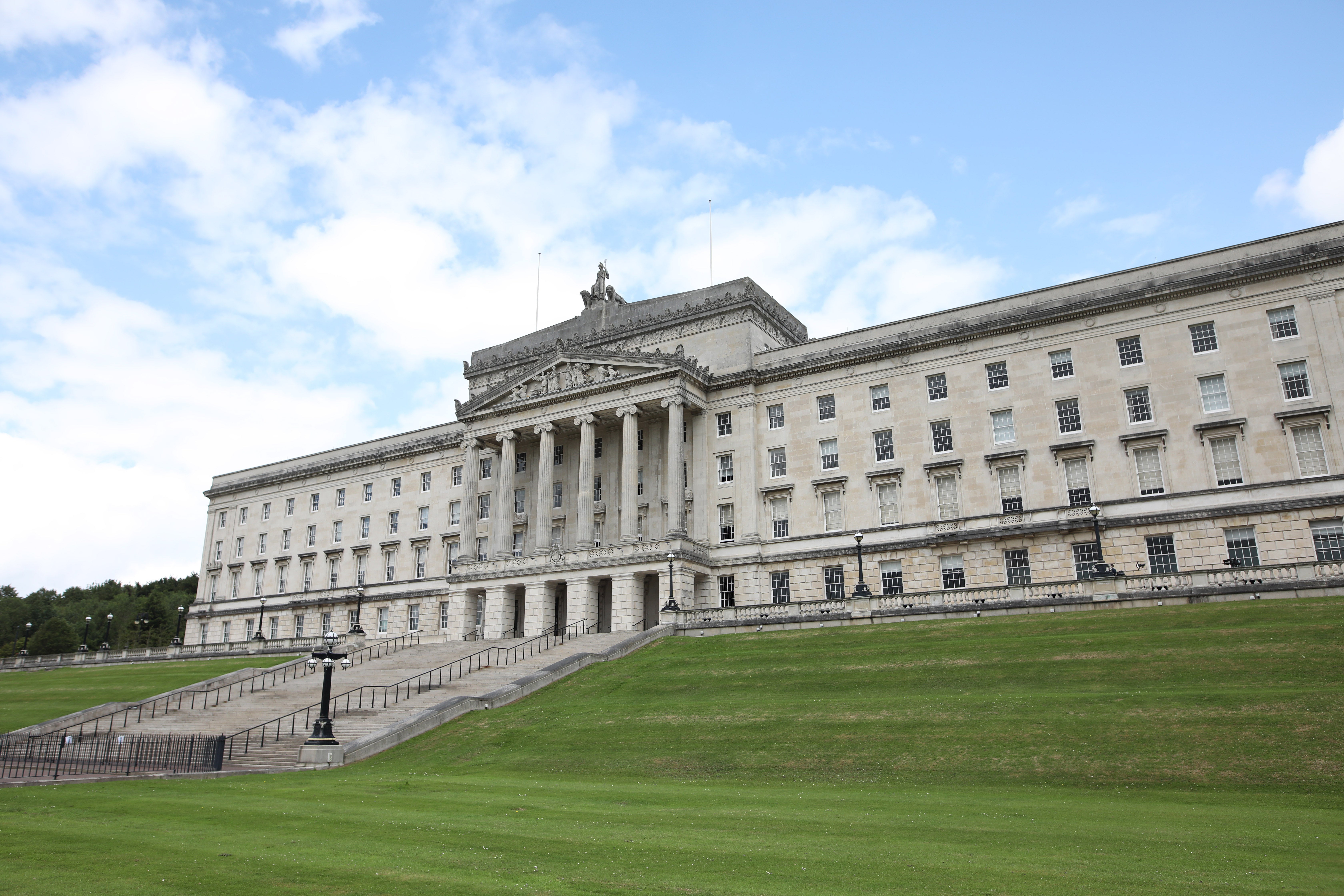Civil servant suggested creation of ‘commonwealth of Ireland’
The suggestion was mooted during peace talks in 1997 as a way of solving difficult north-south relations.

Your support helps us to tell the story
From reproductive rights to climate change to Big Tech, The Independent is on the ground when the story is developing. Whether it's investigating the financials of Elon Musk's pro-Trump PAC or producing our latest documentary, 'The A Word', which shines a light on the American women fighting for reproductive rights, we know how important it is to parse out the facts from the messaging.
At such a critical moment in US history, we need reporters on the ground. Your donation allows us to keep sending journalists to speak to both sides of the story.
The Independent is trusted by Americans across the entire political spectrum. And unlike many other quality news outlets, we choose not to lock Americans out of our reporting and analysis with paywalls. We believe quality journalism should be available to everyone, paid for by those who can afford it.
Your support makes all the difference.A senior civil servant suggested the creation of a “commonwealth of Ireland” as a new approach to solving difficult north-south relations, newly released archived papers have revealed.
The idea was floated in September 1997, while all-party political talks which would eventually lead to the Good Friday Agreement and the creation of the Stormont powersharing institutions were continuing.
The permanent secretary of the Central Secretariat, RB Spence, said that the north-south dimension between Northern Ireland the Republic was the “most difficult” aspect of the talks.
His internal memo states: “The prospect for agreement on the critical North-South dimension seems at present to be very poor.
“Unionists will find it difficult, if not impossible, to accept anything which is perceived as a stepping stone to a united Ireland. A ‘Council of Ireland’ will be strongly resisted.
“The alternative of strong cross-border bodies with executive powers, even if accepted by unionists, will not be sufficient for nationalists.”
His memo states: “The way forward may, therefore, need the use of different language and concepts, perhaps even inventing new concepts.
“It might be possible for the two Governments and the main political parties to agree an approach to the North South dimension based on the existence of what might be called the commonwealth of Ireland.
“This approach goes much further than acceptance of an Irish dimension, but without embracing a belief that Irish unity must come at some stage.”
His memo added: “One method of presenting this approach would be to devise a way whereby the talks participants could register their agreement or declare that a commonwealth of Ireland exists.
“It could then provide a new umbrella within which actions of common benefit to the people living in the island could be advanced.
“At the popular level, it could, for example, lead to acceptance of the commonwealth of Ireland description for all-Ireland sports teams and events; including, even in time, the design of a suitable flag and anthem for such occasions.
“At the political level, ministers from the administrations based in Belfast and Dublin could meet, perhaps in time as the Council for the Commonwealth of Ireland.”
Mr Spence’s memo features a cover note where he states: “It is, by no means, a fully considered proposition and I don’t want anyone to spend time listing all its weaknesses and explaining why it couldn’t possibly work.
“Rather, I hope that we can park this suggestion and mull it over during the coming weeks.
“There is something in this approach which, I think may prove helpful as events unfold.”